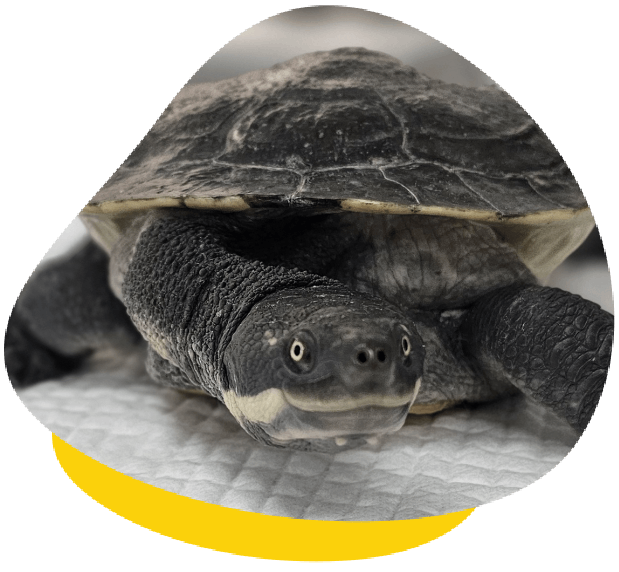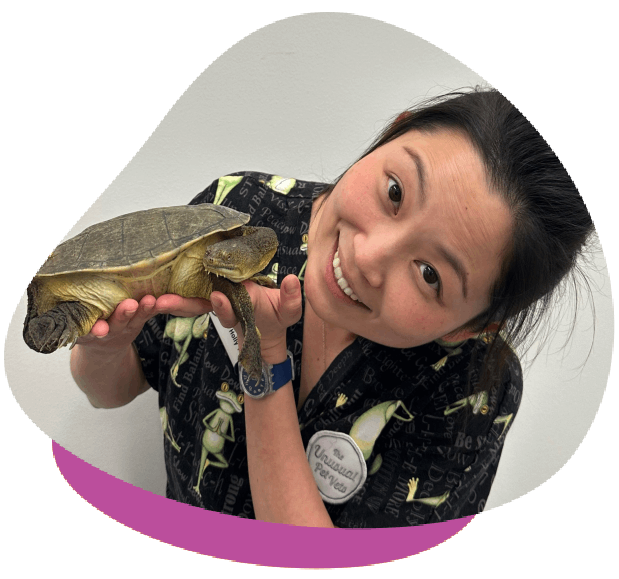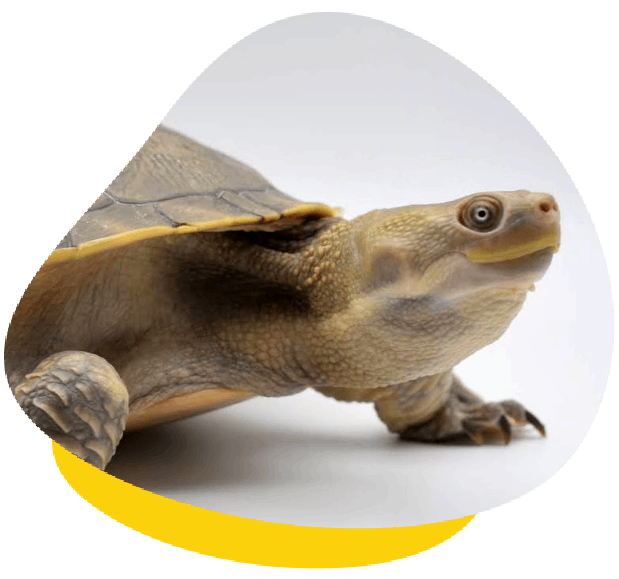
Our Turtle Vet Services
We offer a range of services tailored specifically for turtles:
- General Health Check-ups: Regular assessments from a turtle vet to monitor your turtle’s well-being, including diet, lighting, habitat, and overall condition.
- Advanced Diagnostics: Access to in-house X-rays, ultrasound, and other tools to investigate illness or injury.
- Surgical Procedures: We perform both soft tissue and orthopaedic surgeries, and shell repairs when needed, with great care.
- Behavioural Consultations: Helping to identify and resolve abnormal behaviours that could be signs of underlying health or husbandry issues.
- Sexing Services: We can help determine the sex of your turtle, whether for breeding or general interest.

